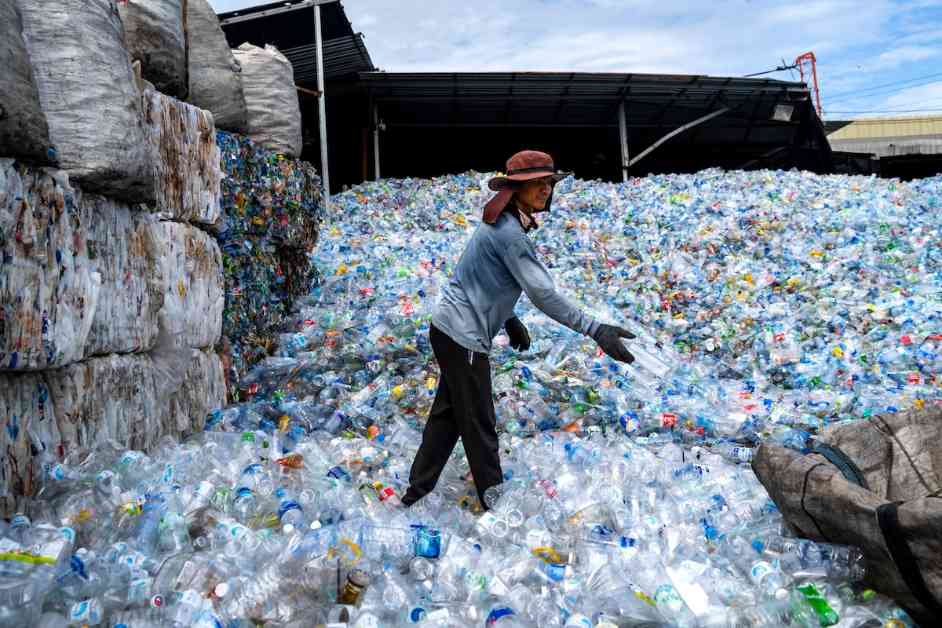Thailand’s Plastic Waste Import Ban to Reduce Toxic Pollution
Thailand has taken a significant step towards combating toxic pollution by implementing a ban on foreign imports of plastic waste. This decision comes following years of advocacy by environmental activists and growing concerns about the negative impacts of plastic waste on human health and the environment.
Thailand’s Response to Plastic Waste Crisis
The ban on plastic waste imports, issued by the Thai Department of Foreign Trade on January 1, marks a pivotal moment in Thailand’s efforts to address its plastic waste problem. The new regulation aims to stimulate domestic plastic recycling, promote more efficient resource usage, and reduce pollution that could harm the environment and public health.
Thailand has seen a surge in plastic waste imports in recent years, with the country becoming a major destination for plastic waste exports from countries like the United States, Japan, Europe, and the United Kingdom. The ban on plastic scrap imports is a crucial step towards preventing hazardous waste from entering Thailand and ensuring a cleaner, safer environment for all.
Challenges and Opportunities
While the ban on plastic waste imports is a significant achievement, there are still challenges ahead. The enforcement and implementation of the new regulation will be key to its success. Cooperation between industrial, environmental, and customs agencies is essential to prevent illicit imports of plastic waste and ensure that Thailand does not become a transit state for waste destined for other countries.
Thailand’s ban on plastic waste imports comes at a time when global efforts to address plastic pollution are facing obstacles. The failure to reach an agreement on a global treaty to eliminate plastic waste highlights the urgent need for decisive international action to tackle this pressing issue.
Expert Perspectives and Calls for Action
Experts warn that the burning of plastic waste poses severe health risks and contributes to global health burdens. Urgent action is needed to address the crisis of plastic pollution and protect vulnerable populations from the harmful effects of toxic fumes produced by burning plastic.
As Thailand takes this important step towards reducing plastic waste pollution, it serves as a reminder of the collective responsibility we all share to protect our planet and ensure a sustainable future for generations to come. The ban on plastic waste imports is a critical milestone in Thailand’s journey towards a cleaner, greener environment, but there is still more work to be done to safeguard the health and well-being of our communities.














